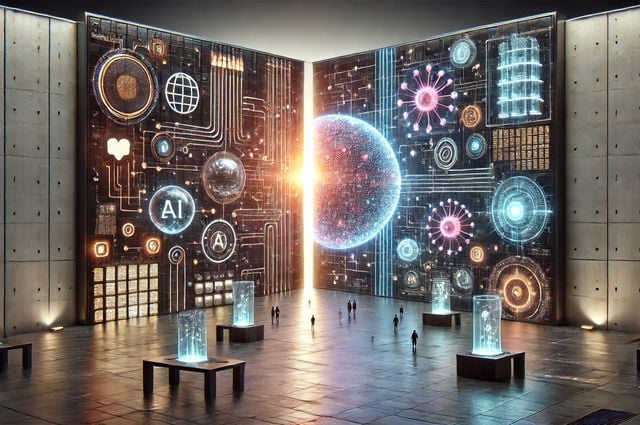Democratizing AI: Proprietary vs. Open Standards
15 experts shared their view
Lots of brands are rolling out their own proprietary AI tools, but there's a growing case for keeping things more open and collaborative. With standards like Anthropic's Model Context Protocol (MCP) starting to emerge, a growing question is should the industry be working together to make AI more accessible. Is building your own AI the new walled garden - or should hospitality embrace open standards like MCP to democratize innovation?
Open standards like Anthropic’s Model Context Protocol (MCP) are essential in the consumer industry, especially in hospitality, where seamless customer experiences span loyalty programs, mobile apps, reservations, e-commerce, point-of-sale and service channels. AI delivers the most value when these touchpoints are connected, enabling intelligence to flow effortlessly across platforms. Without open standards, proprietary solutions risk becoming isolated, limiting impact for both operators and customers.
That said, proprietary AI has a critical role to play. Its true value comes when it moves beyond providing access to data and drives differentiated decisions—optimizing pricing, personalizing offers, or orchestrating real-time service. This is where organizations can create a competitive advantage. But to sustain that advantage, those decisioning systems must sit on interoperable foundations. Open standards ensure that proprietary intelligence isn’t locked in a silo but can pull from and contribute to the broader ecosystem.
The key is to focus on helping clients balance both dimensions: leveraging proprietary AI where it adds decision-making value while relying on open standards to guarantee scalability and resilience. The opportunity is not “closed versus open” but designing AI adoption that preserves agility, maximizes value, and advances the consumer industry together.


